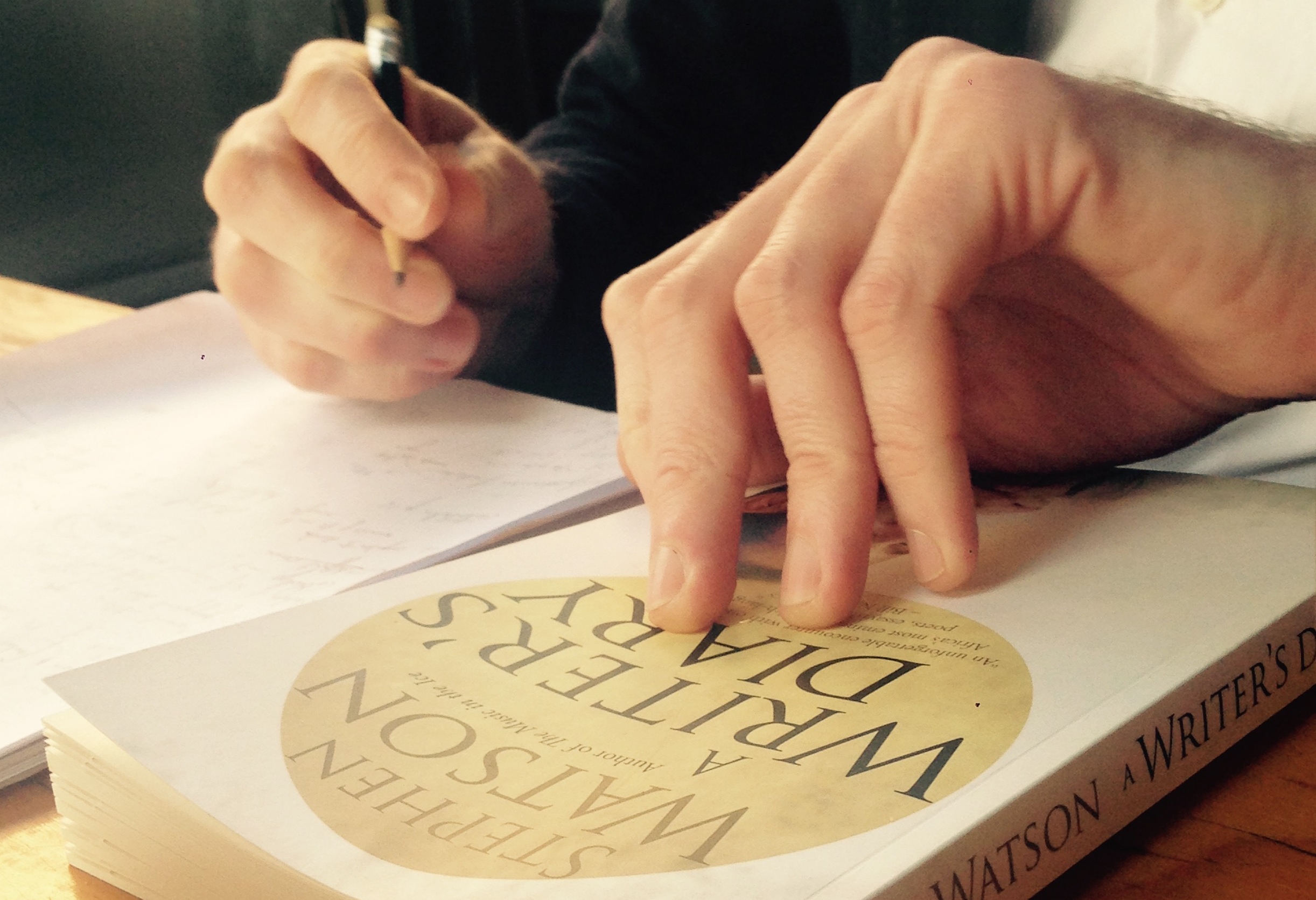A new century of South African nonfiction.
The Interpreters: South Africa’s New Nonfiction. An anthology co-edited with Sean Christie (Soutie Press, 2025).
Introduction excerpted in the Johannesburg Review of Books, 14 August 2025.
Using the term “nonfiction” (some writers of it have remarked) is about as useful as calling the clothes in your wardrobe “nonsocks”, or saying that you had “nongrapefruit” for breakfast. A broad spectrum of compelling, ambitious and artful literature shelters within that unhelpful “non”. This includes: narrative and longform journalism; essays and memoir; reportage, features and profiles; life writing in its many variants, from private diaries to public biography; oral histories, interviews and testimony – all those forms caught up in the alchemy of spoken becoming written.
Across three decades of democracy, South Africa has – like many places undergoing complex and uneven social change – seen an outpouring of remarkable nonfiction. Collected here is the work in prose of thirty-seven authors, all of it writing (also some drawing: comics and graphic nonfiction) concerned with actual people, places and events. Actual rather than real, since a character in a novel might be powerfully real for a reader, even when invented or imaginary. Fiction in the first person can, after all, impersonate every technique known to autobiography (and has often done so, right back to the beginnings of the novel). Whereas (the other side of the coin) writing about a real-life person does not guarantee that the subject will come to life, or be realised, on the page.
So when and why does this happen? How is it that human beings become vital, vivid and (see Lin Sampson’s portrait of bouncer, breker and photographer Billy Monk) indelible via words? When does nonfiction become not just a way of delivering information but an artform in its own right?








